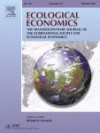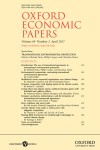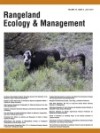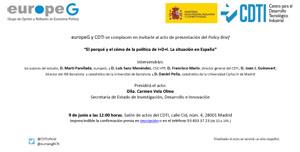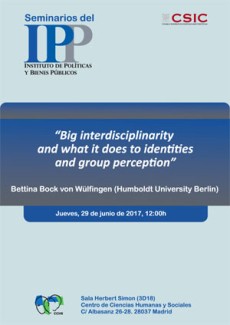Closa C. (2017) Changing EU internal borders through democratic means. Journal of European Integration. Published online 11 May 2017
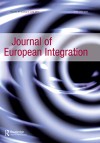
Abstract. Demands for secession from EU member states create a novel situation for the demarcation of the internal borders of the Union. When combined with withdrawal of the original state from the EU, this adds the complexity of simultaneously re-drawing internal and external borders.



